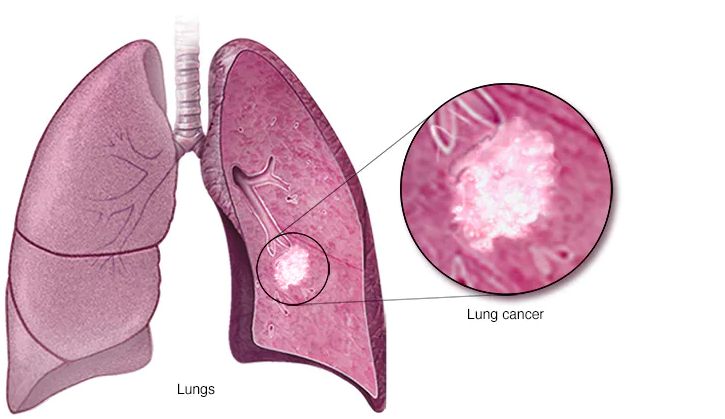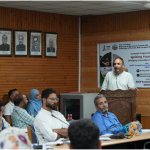Dr. ATUL N.C. PETERS
Obesity has become a growing concern in Jammu and Kashmir, just as it has globally. It is a condition where a person accumulates excessive body fat, leading to various health complications such as heart disease, diabetes, high blood pressure, sleep apnea, and more.
There is limited data available on the male v.s female ratio of obesity in Jammu and Kashmir. However, obesity is present in both genders, and it is a major public health issue in the region.
Studies indicate that women are more likely to be obese than men globally. A large-scale study conducted in India found that the prevalence of obesity was significantly higher among women than men, with a prevalence rate of 15.7% among women and 9.1% among men.
In Jammu and Kashmir, there are various factors that can contribute to the high prevalence of obesity among women, including a sedentary lifestyle, lack of physical activity, poor diet and nutrition habits, and cultural practices such as a preference for fatty and fried foods.
The government can take several measures to address the gender disparity in obesity, including by promoting women’s access to healthcare, providing education on healthy lifestyle habits, and tackling cultural norms that contribute to unhealthy eating habits. Furthermore, the medical community can provide targeted interventions, such as weight management programs, that specifically cater to the needs of women.
Fortunately there are many treatment options available for obesity, including dietary and lifestyle changes, FDA approved drugs, Intra Gastric Balloon and bariatric surgery. However, the treatment advice depends on an individual’s BMI and associated comorbidities. Non-diabetic people below 32 BMI may benefit with conventional methods, drugs and/or intra gastric balloon. People above 32 BMI with associated comorbidities should be advised for bariatric surgery along with post-surgery dietary modifications and lifestyle changes.
The government of Jammu and Kashmir can promote awareness about healthy eating habits by offering appropriate nutrition education to school-aged children. Additionally, free gymnasiums or low-cost fitness centers can be set up at the community level to support local residents to lead an active lifestyle.
(Dr. Atul N.C. Peters is Director – Bariatric, Minimal Access & General Surgery, Max Smart Super Speciality Hospital, Saket)








